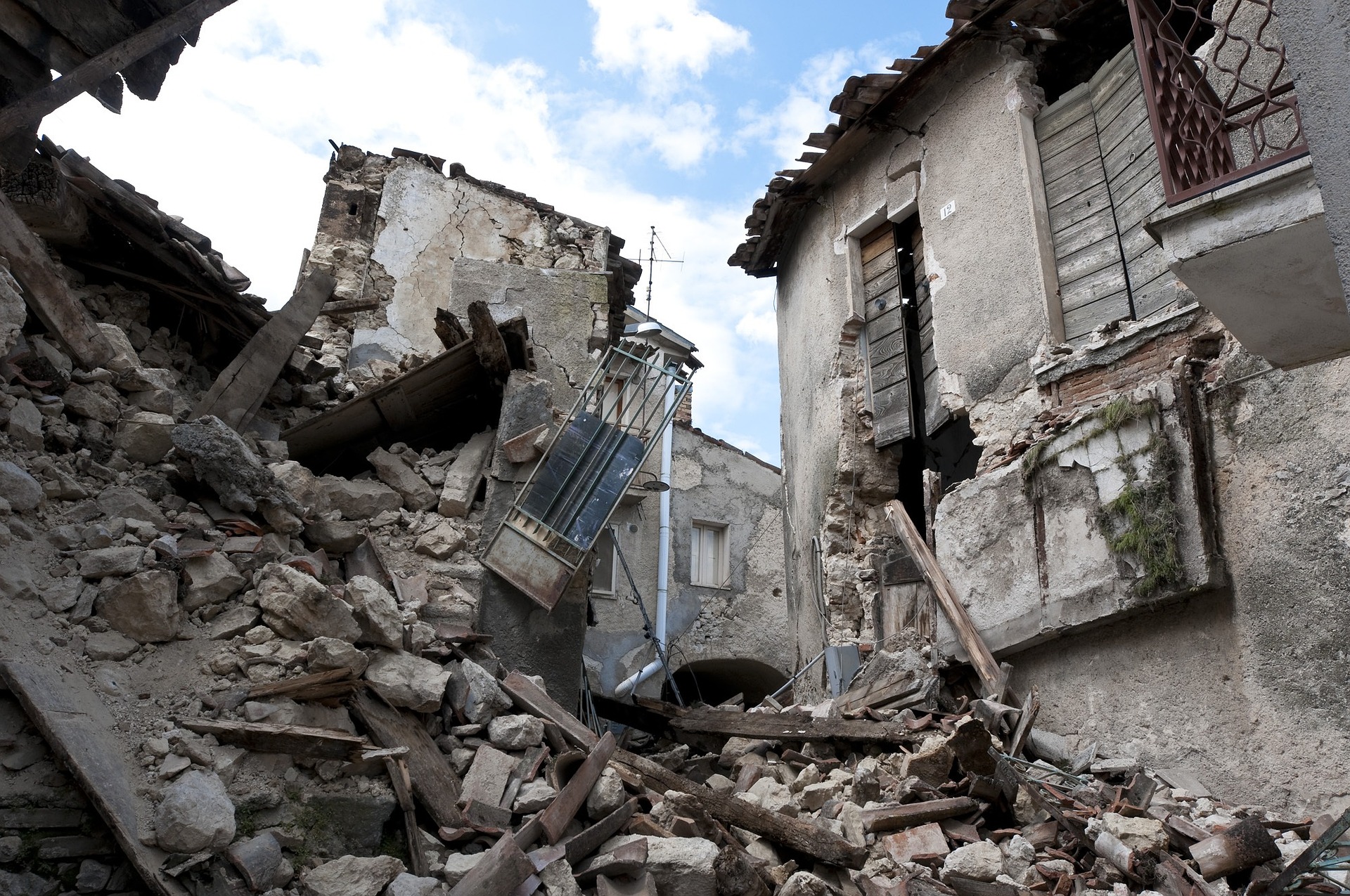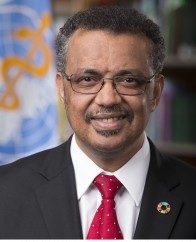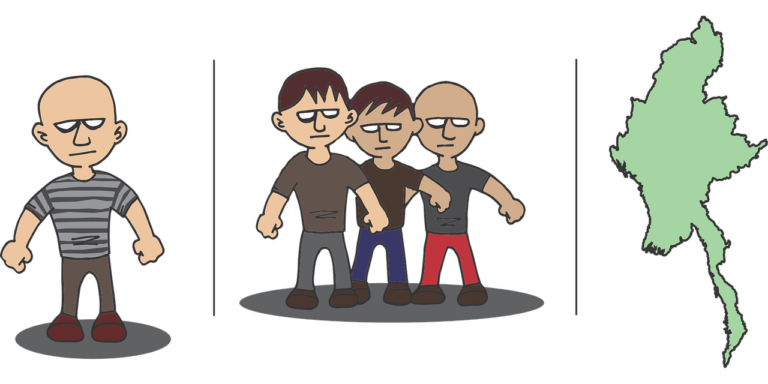

By Dr Tedros Adhanom Ghebreyesus*
Geneva: Yesterday I returned from my visit to Türkiye and the Syrian Arab Republic. I was deeply shocked and saddened by the devastation and suffering I saw and heard.
In the Hatay province of Türkiye, almost every building has either collapsed or is leaning dangerously. I imagined how terrifying that morning must have been, in the pitch black, the rain and snow, and the awful noise of buildings collapsing and people screaming. I visited a camp for displaced people, where I met a 67-year-old woman who was trapped under the rubble for three hours before she was rescued. Her husband was not as fortunate. Her daughter is in hospital and may have to have a leg amputated. She said she did not know what she will do next.
Also read: Earthquakes, conflict and pandemic reinforce the fragility the world faces
The suffering is impossible to describe in words or even in pictures. Nothing can convey the depth of grief and loss so many people are feeling. The destruction is immense; but so is the response of the Turkish government.
During the first two weeks, more than 55,000 people needing care were transported to hospitals all over Türkiye in any way possible – by helicopter, ambulance, and car. Since the first day, the Minister of Health has been leading the response on the ground in the most affected areas. The entire Ministry of Health has relocated to the affected zones and is living in tents, containers and cars, side-by-side with health workers and other responders. I was so impressed by the dedication and hard work of health workers, both in Türkiye and the Syrian Arab Republic.
The kind of suffering caused by the earthquake on both sides is similar. But the risks now being faced by people on the Syrian side are far higher than those living just a few kilometres away on the Turkish side.
The challenges health workers are facing are similar on both sides, but on the Syrian side they are facing them with far fewer resources. Twelve years of war has destroyed infrastructure, homes and hope.
Drought, economic collapse, the COVID-19 pandemic and an ongoing cholera outbreak have heaped misery upon misery. Even before the earthquake, more than 90% of the Syrian people were living in poverty.
The NGOs in the northwest of the Syrian Arab Republic welcomed my visit but expressed their disappointment that I was the first high-level UN official to visit since the beginning of the war.
In Idlib Governate, I met a 15-year-old boy who broke both his arms when he jumped out of a window during the earthquake. He hasn’t been to school since he was nine years old, because of the conflict.
I visited a reception centre where hundreds of people are living with nothing but the clothes they were wearing when they escaped their homes. People showed me pictures of the children they had lost. The children who were there were dirty and hadn’t eaten that day. There is nothing for them to do. No toys, no games, no schooling.
For the past decade, WHO has been providing about one-third of medicines in opposition-controlled areas in the northwest of the Syrian Arab Republic. That has now risen to two-thirds.
On the day of the earthquake, we were able to release supplies quickly from our local warehouses. So far, we have distributed more than 200 tonnes of aid to health facilities in north-west Syria, and we continue to deliver as much aid as we can in any way we can, whether across borders or across lines of conflict.
The Syrian people have suffered more than most people ever will, or ever could. They have endured and they have shown great resilience in the face of it. Their needs, dreams and hopes are the same as all people: For health, food, water, shelter and peace. For a better future for their children.
I call on the international community to dig deep to lift up those in Türkiye and the Syrian Arab Republic, in two ways.
First, for humanitarian support for both countries, and to support a political solution to establish a lasting peace in the Syrian Arab Republic.
At the same time, I call on the leaders of all sides of the Syrian conflict to use the shared suffering of this crisis as a platform for peace; as an opportunity to make peace.
12 years of war has delivered nothing but division and the destruction of the Syrian Arab Republic’s proud history and rich culture. If anything good could come of this suffering, it must be peace.
*Director-General of World Health Organization. (Excerpts from his press conference today).





